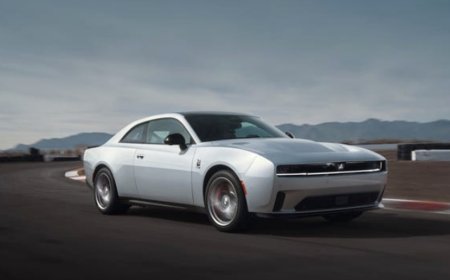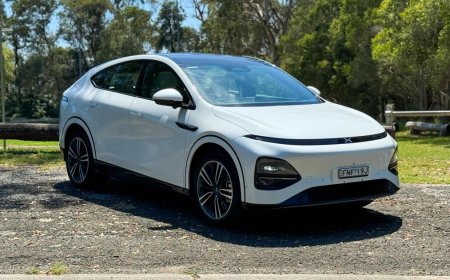Cheap cars could be getting very expensive
Proposed tariffs on Canadian and Mexican imports could drive up vehicle prices and disrupt the market
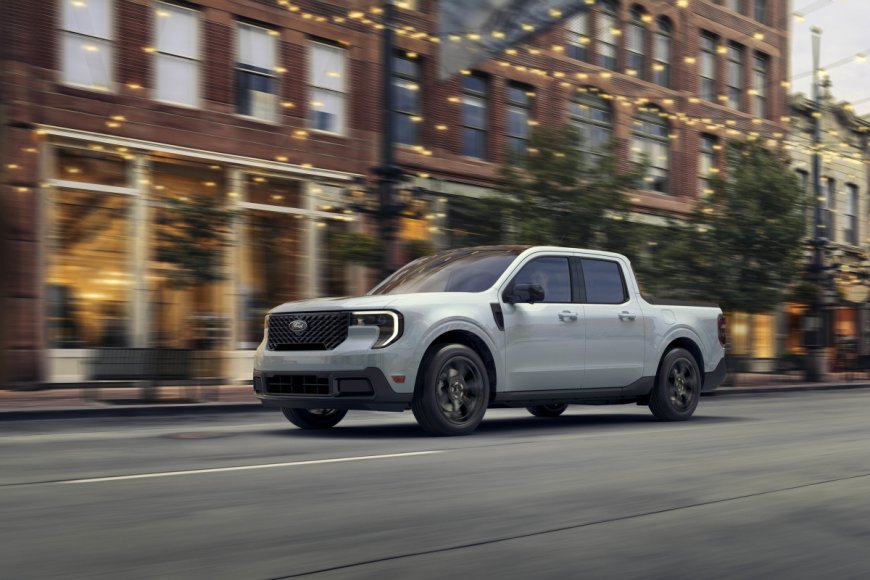
Even cost-conscious vehicles aren't isolated from potential tariff-induced price hikes.
As the incoming Trump administration considers imposing sweeping tariffs on imports, consumers may need to brace for rising costs, especially in the automotive sector. Proposed levies on goods from Canada and Mexico—25% across the board—could add thousands of dollars to vehicle price tags, potentially reshaping the car market.
The United States-Mexico-Canada Agreement (USMCA) has long enabled cost-effective manufacturing and trade among the three nations. But if these tariffs come into play, they could upend production strategies, disrupt job security in the automotive sector and increase vehicle prices across the board, with cost-conscious models like the Ford Maverick and Volkswagen Jetta potentially adding thousands of dollars to their list price.
Related: UK rethinks EV mandate amid industry challenges
Why tariffs matter
Tariffs serve as a tool to protect domestic markets and generate revenue, but they come with economic ripple effects. The cost of a tariff isn’t always directly passed to consumers; sometimes manufacturers absorb the expense, or it’s distributed among stakeholders. But in the case of vehicles, the complexity of supply chains could make higher costs unavoidable.
The Biden administration's 100% tariff on Chinese-built EVs, up from a previous 25%, was aimed at deterring cheaper imports. However, Chinese automakers circumvented this by establishing manufacturing plants in Mexico, leveraging USMCA rules for duty-free trade. The Trump administration’s proposed tariffs, however, could eliminate such advantages by targeting goods from all foreign sources—including Mexico and Canada.
Related: Toyota and Subaru sued over engine issues in GR86 and BRZ
Impact on vehicle prices
Canada and Mexico are key players in North American automotive manufacturing. Mexico, in particular, is the world’s seventh-largest passenger vehicle producer, with 76% of its annual 3.5 million exported vehicles destined for the U.S., according to the International Trade Association.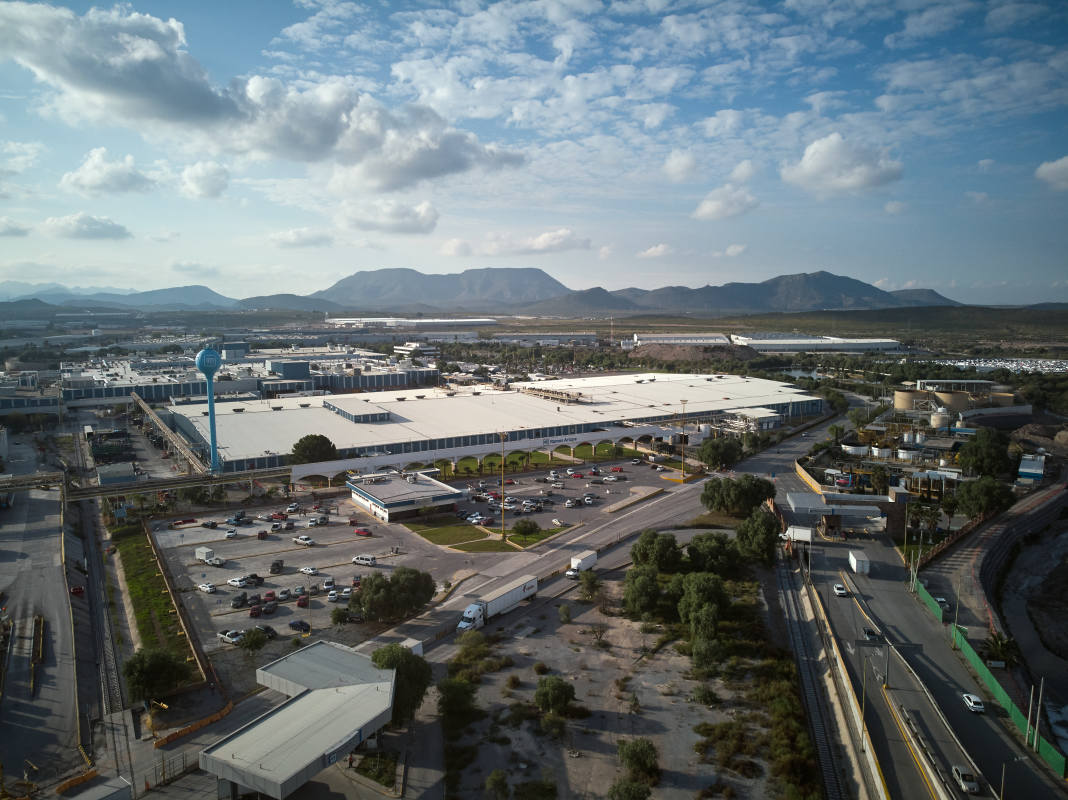
Pick the first mass-market automaker that comes to mind and the odds are that it has a manufacturing plant in Mexico. Automakers like Ford, General Motors, Honda, and Volkswagen rely heavily on facilities south of the border to build mass-market vehicles.
Spending thousands more for nothing
With a potential 25% tariff on Mexican and Canadian goods, analysts predict the average cost of a new vehicle could rise by thousands of dollars. For consumers, that means even "affordable" models like the Ford Maverick might no longer fit into tight budgets. Ford’s 2024 Maverick XL, which has a base MSRP of $23,920, could cost nearly $30,000 if Trump’s proposed 25% tariff on Mexican imports is passed onto the consumer. John Beltz Snyder
It’s a similar story with Volkswagen’s Jetta, which is constructed in Puebla, Mexico. The 2025 Jetta has a base MSRP of $21,995—a refreshingly unexceptional price given the current affordability crisis. But, after a 25% tariff is applied, the Jetta could end up costing roughly $27,500.
In today’s automotive market, where Kelley Blue Book says the average car costs $48,623, the Jetta’s inflated price might not sound too crazy, but for someone trying to save, spending an additional $5,500 on the same base model Jetta is a hard pill to swallow.
Related: Toyota and Subaru sued over engine issues in GR86 and BRZ
Widespread economic consequences
The effects of the proposed tariffs won’t stop at higher price tags. Automakers are likely to face reduced demand as prices climb, potentially shrinking sales by as much as one million units annually, analysts say. A slowdown in vehicle purchases could lead to factory layoffs, with assembly line jobs in both the U.S. and Mexico at risk.
GM and Stellantis, for example, rely on Canadian and Mexican facilities for high-profit, high-volume models like pickup trucks. Shifting production to U.S. plants would require significant investments and time, as vehicle assembly lines are highly specialized.
Further complicating the situation is the fact that Canada and Mexico produce nearly $100 billion in parts for U.S.-assembled vehicles. Even if a car is built in the United States, many of its components may come from across the border, meaning tariffs would still inflate prices.
Related: Toyota sales slide in Japan and China—what’s behind the decline?
A shift in trade policy
The proposed tariffs also carry geopolitical implications. They could serve as leverage in renegotiating trade agreements, but they risk destabilizing partnerships with key allies. The U.S., Mexico, and Canada have closely integrated economies, and such tariffs could unravel years of cooperation.
Meanwhile, global automakers would need to reevaluate their strategies. European and American companies could face profit losses of up to 17%, according to S&P Global. This financial pressure might force automakers to scale back production, limit new model launches, or pass additional costs to consumers.
What’s next?
Whether these tariffs become reality remains uncertain, but the potential consequences have already caused ripples. GM shares fell by 9% and Stellantis by 5.7% following the announcement, reflecting investor concerns about profitability.
For consumers, the prospect of more expensive cars might push some to the used market, further inflating prices in an already competitive space. Automakers, meanwhile, must prepare for potential disruptions to their North American operations.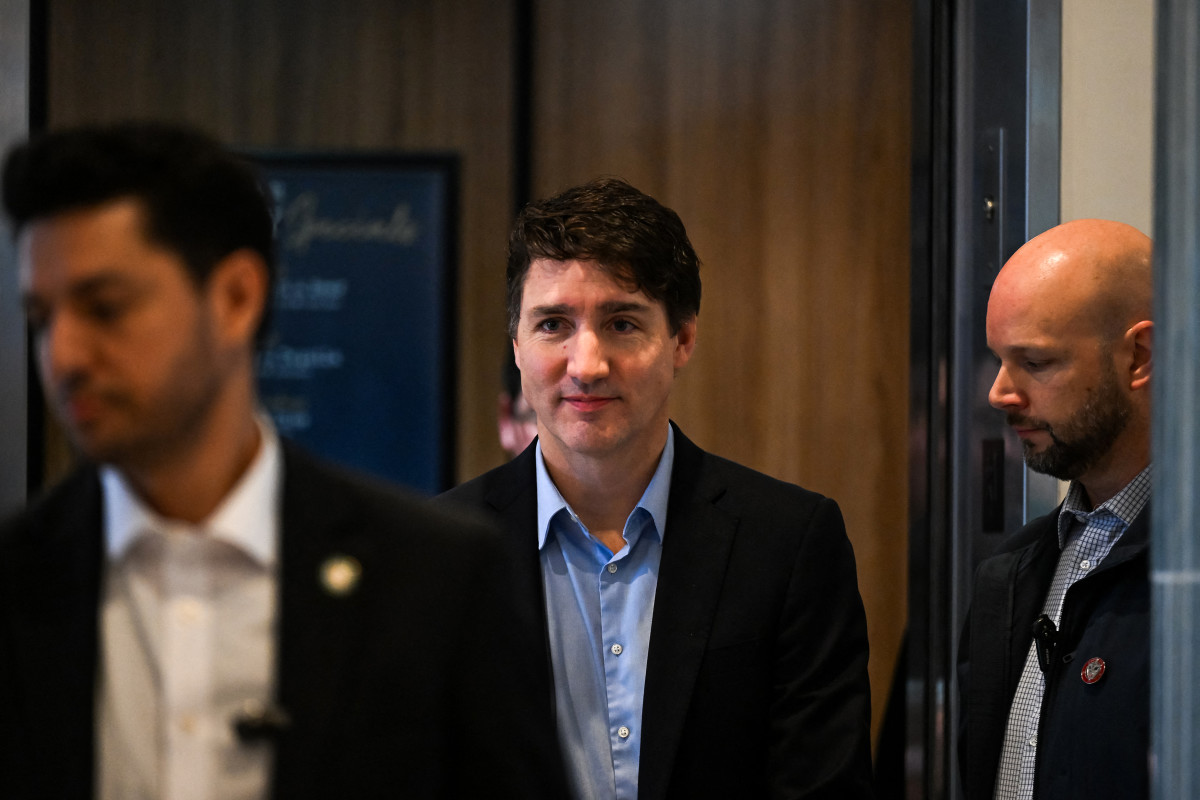
Canadian Prime Minister Justin Trudeau met with Donald Trump last week to talk about his proposed tariffs on Canada. Kirsten Hillman, Canada’s ambassador in Washington, told The Associated Press that Trudeau made the case to Trump that the U.S.’s border with Canada is incomparable to its border with Mexico.
Trump has connected his proposed tariffs to concerns about drug trafficking and illegal immigration, but both issues are virtually non-existent on the Canadian border, Trudeau said. Still, whether Trudeau’s efforts have any impact on Trump’s tariff plans remains to be seen.
Related: Cadillac’s first electric V-Series arrives in 2026
Final thoughts
The coming months will reveal whether tariffs are implemented as proposed or used as a bargaining chip in trade negotiations. Either way, the discussion underscores how closely connected economies have become—and how easily those connections can be strained.
With these potential changes on the horizon, now might be a good time for buyers to consider locking in deals before prices climb. The era of affordable cars may be coming to an end (more than it already has), leaving consumers and automakers alike facing a costly road ahead.




